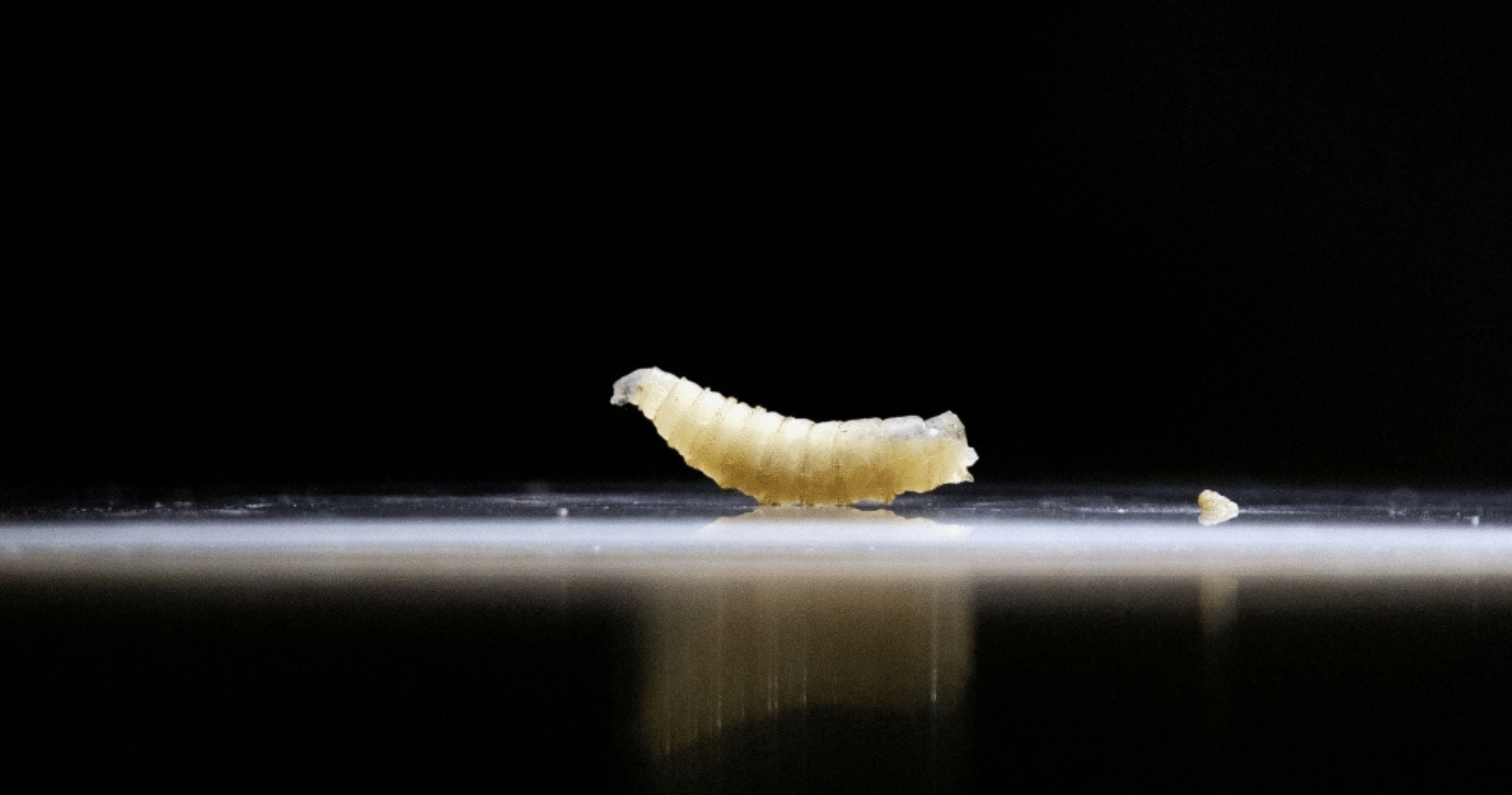LOS ANGELES, Dec 7 — Spectacular lava fountains burst from Hawaii’s Kilauea volcano on Saturday, US volcanologists said, nearly a year after one of the world’s most active volcanoes began its latest eruptive phase.
DECATUR (Illinois), Aug 27 — According to US health officials, the human case of screwworm reported this week is the only one in the country this year and does not pose any threat to the agricultural sector, as stated by a US Department of Agriculture official yesterday.
Screwworm, a parasitic organism that consumes the flesh of its hosts while they are still alive, has been advancing northward through Central America and southern Mexico, raising significant concerns within the US cattle industry.
A screwworm infestation poses a serious threat to livestock if not addressed. According to estimates from the United States, an outbreak could result in economic losses of nearly US$2 billion (RM8.44 billion) for Texas, the leading state in cattle production.
The US Centres for Disease Control and Prevention confirmed a human case involving an individual who had traveled from El Salvador to Maryland on August 4. However, the agency did not make this information public until Reuters reported exclusively on the case on August 24. According to Maryland state health officials, the affected individual has fully recovered, and there has been no indication of transmission to other individuals or animals, as reported by Reuters.
In the initial comments from the USDA, Deputy Secretary Stephen Vaden stated yesterday at the Farm Progress Show in Decatur, Illinois, that the agency had only recently become aware of the case.
"I am uncertain of the precise date on which she became aware of it, but I believe we discovered it over the weekend," he stated, alluding to Agriculture Secretary Brooke Rollins.
When inquired about the delay in announcing the case, Vaden stated that he was not acquainted with the CDC's notification procedures and further mentioned that the human case does not present any threat to US agriculture.
In light of Vaden's remarks, the USDA issued a statement late yesterday indicating that the CDC has been at the forefront of addressing the human case. To bolster this response, the USDA commenced focused screwworm surveillance within a 20-mile (32 km) radius, encompassing areas of Washington, DC, Maryland, and Virginia, where the pest had not yet been identified.
The announcement did not specify when the agency became aware of the human case or when it began its surveillance activities. The USDA did not promptly reply to a request for clarification regarding the timeline of events or whether Rollins has been in contact with the CDC concerning the case.
The announcement also indicated that the risk to public health in the United States from the human case is minimal, and it noted that there have been prior instances of travel-related human cases of screwworm. According to the release, the USDA has not identified screwworm in livestock or other animals since 2017.
Conservation and cattle organizations had previously informed Reuters that the CDC's postponement in publicly disclosing the case undermines the trust between producers and governmental agencies.
The USDA is allocating US$750 million to construct a facility in Texas that will generate and distribute sterile flies intended to mate with the wild screwworm population, thereby reducing their numbers.
Vaden stated that the plant is expected to commence operations in approximately 18 months.
Rollins had earlier indicated that it might require two to three years for a facility of this nature to become operational.Vaden stated that the plant is expected to commence operations in approximately 18 months.
Rollins had earlier indicated that it might require two to three years for a facility of this nature to become operational.
Animal health specialists have informed Reuters that an amount significantly larger than the existing supply of sterile flies would be required to halt the proliferation of screwworm.
The USDA has been collaborating closely with officials from Mexico to address the proliferation of the pest. However, the United States' choice to maintain a largely closed border to imports of Mexican cattle since May has introduced new tensions into the ongoing negotiations regarding the trade agreement between the two countries.
Currently, there is no established timeline for the reopening of the border. In two weeks, the USDA will dispatch a team to Mexico to ensure that the country is adhering to protocols aimed at preventing the northern spread of screwworm, according to Vaden. — Reuters






